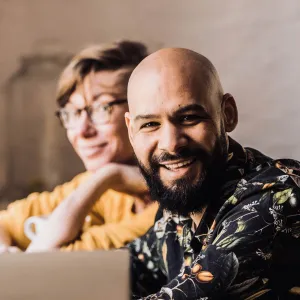This is a modern concept of work organization. Personally, I am very much in favor of reducing hierarchies. We have also had negative experiences with status in science (e.g. professors who terrorize their employees). I have also done a lot of research on the topic of status myself, especially on narcissism, i.e. the tendency of certain people to perceive themselves as exalted and privileged and to devalue other people.
So although I basically agree, a footnote is in order: some theorists assume that a basic need for status is part of being human (self-determination theory is not one of them, by the way!). If this is the case, then the need cannot be suppressed so easily and it is better to channel it in a productive and socially acceptable way. So does a group succeed in combining prestige and status with prosocial goals and professional competence? Status should never be codified and allowed to become inflexible, because it does not fit in with the need for people to constantly reorganize themselves and as a team.
Such fixed positions of status always attract the wrong people (narcissists!). Nevertheless, there are ambitious and status-oriented people and we should not forget that there are also (and sometimes especially) power differences in organizations with flat hierarchies. This is precisely why it is important to be aware of such dynamics and to cultivate an attitude of respecting others.








